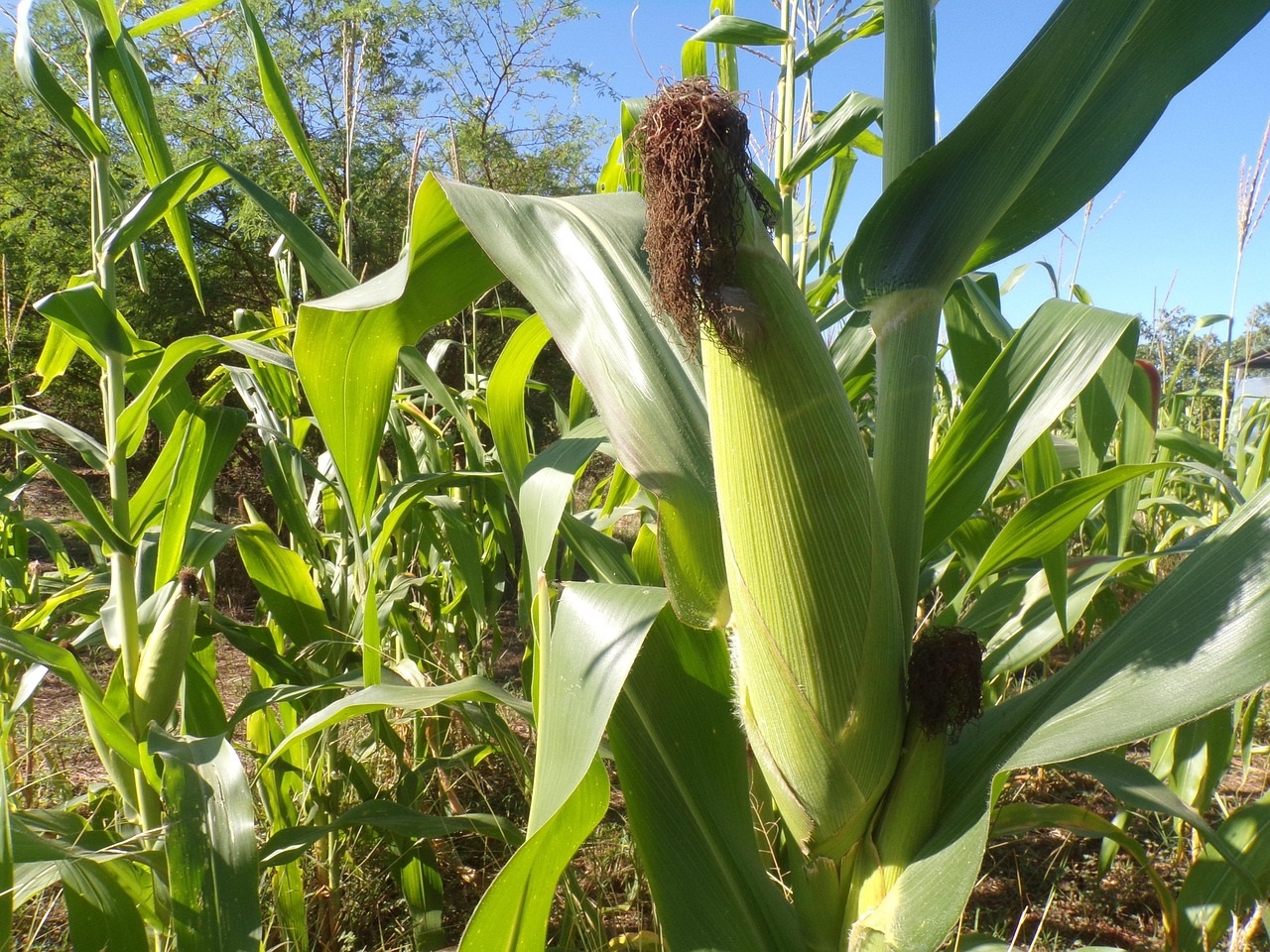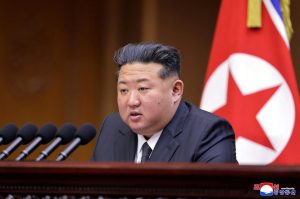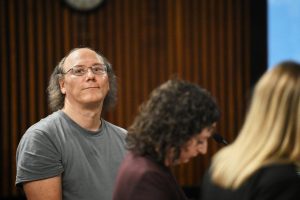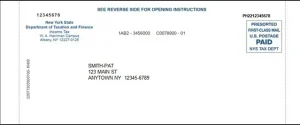South Korea’s five World Heritage applications have failed, including kimchi, Dragon Boat Festival, etc.: There are disputes over cultural origins, and it once said that many Chinese cultures are imitating them

According to Dahe Daily on July 19, South Korea spared no effort to apply for World Heritage status in order to protect its own culture, such as Gangneung Dragon Boat Festival and kimchi making skills.
According to the latest media reports, five intangible cultural heritage projects applied by South Korea were included in the “pending revocation list” by the United Nations due to insufficient evidence, marking its systematic defeat in the controversy over cultural origins.
South Korea has been making small moves in applying for World Heritage status. Projects such as kimchi, Dragon Boat Festival, and carpenter skills have been packaged as “national quintessence” by them for World Heritage status, and they also swear that they are local originals and thousands of years of inheritance (and they also claim that many Chinese cultures are imitating them).
Take kimchi as an example. South Korea claims to have a thousand-year history, but the kimchi making process recorded in the “Qimin Yaoshu” of the Northern Wei Dynasty in China is hundreds of years earlier than South Korea’s claim. The pickled vegetable jars unearthed from the Mawangdui Han Tomb also confirmed the origin of kimchi.
The Dragon Boat Festival was promoted by South Korea as a unique shamanic ritual, but the Nuo opera masks unearthed in Hubei are a thousand years earlier than the relevant records in South Korea, and the patterns are highly similar. Old Korean documents also acknowledge that the Dragon Boat Festival originated from the Central Plains.
The carpenter’s skills are full of loopholes, and 19 of the 27 key processes are exactly the same as the “Construction Methods” of the Song Dynasty.
Prior to this, the China Cultural Heritage Appraisal Center submitted 137 pieces of evidence to the United Nations on May 30, 2025, involving five Korean intangible cultural heritage projects (such as Gangneung Dragon Boat Festival, kimchi making skills, etc.), and pointed out that there are disputes about their cultural origins.
Today, UNESCO requires South Korea to supplement “independent inheritance evidence”, but South Korea cannot produce strong materials and can only hastily submit some loopholes before the deadline. The rejection is also expected.
![]()







